September 29th, 2021 at 4:00 PM Eastern Time
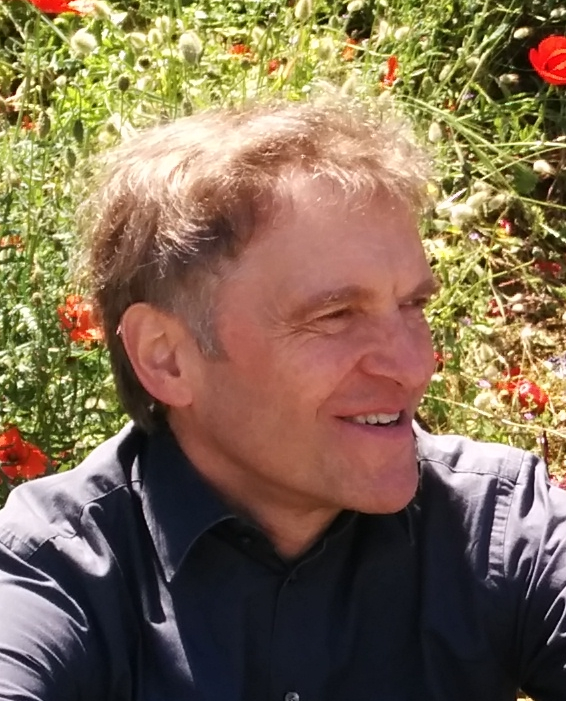
Alchemy in the Modern Laboratory, A Distinguished Lecture by Lawrence M. Principe
February 24th, 2022 at 4:00 PM Eastern Time, Ballantine Hall 803
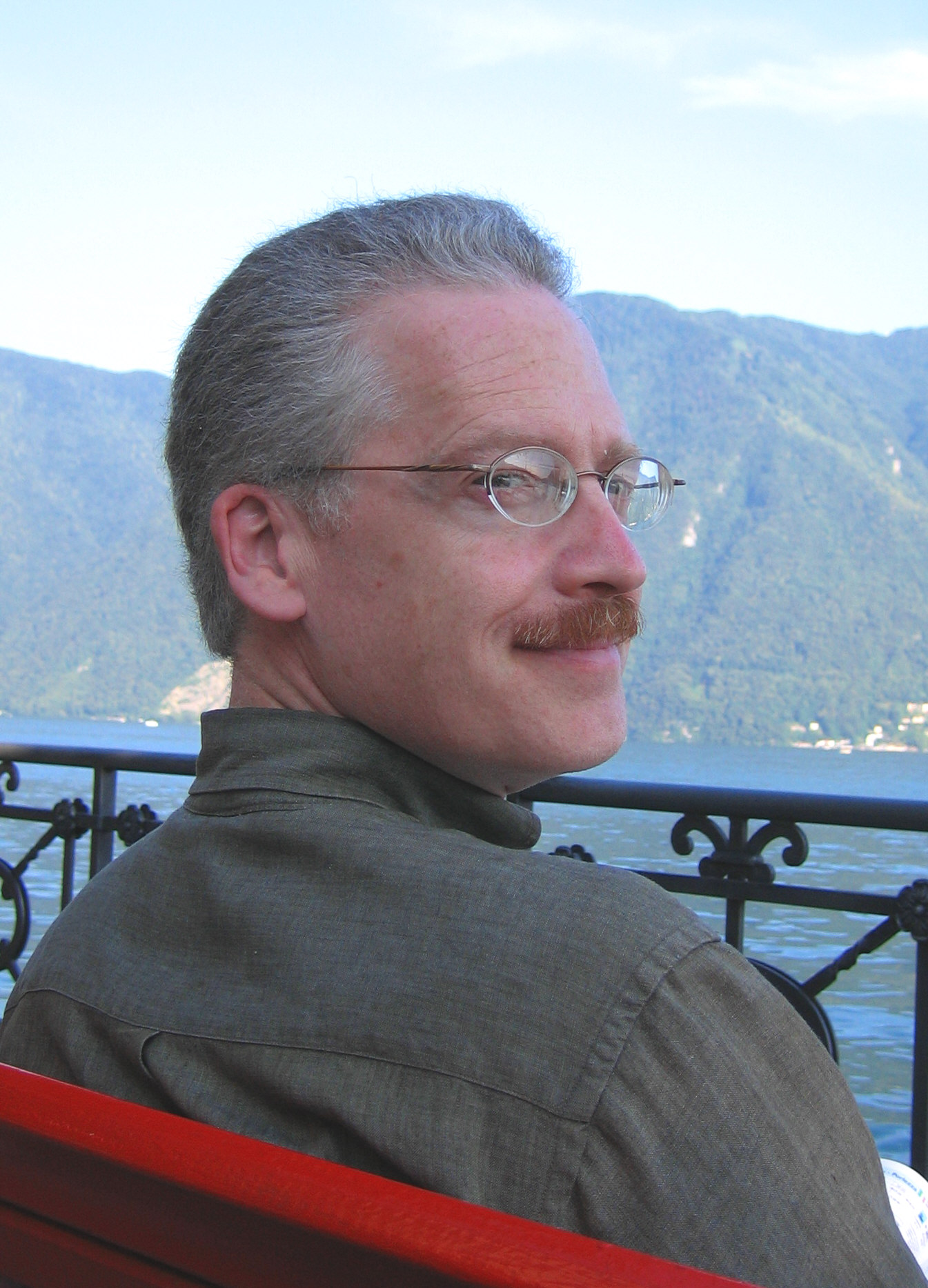
Lawrence M. Principe is Drew Professor of the Humanities and Director of the Singleton Center for the Study of Premodern Europe at Johns Hopkins University. Trained as both a chemist and historian, Principe has received wide acclaim for his studies of alchemy. His latest book is The Transmutations of Chymistry: Wilhelm Homberg and the Académie Royale des Sciences (Chicago, 2020).
Over the past few decades, alchemy has gone from being a misunderstood subject, outcast from serious study, to an important and vibrant part of the history of science. Part of this transformation has come about by taking more seriously the practical experimentation and theories of the alchemists and trying to reproduce their processes in the chemical laboratory. This lecture will recount several examples of how laboratory recreations can be used as a tool for historical understanding, revealing the remarkable talents and achievements of these early experimenters, the origins of their often-bizarre language and imagery, and how they turned their observations into theories about the world.
Epistemic Iteration Revisited: The Achievement of Precision in Concepts and Methods, A Distinguished Lecture by Hasok Chang
April 4th, 2022 at 4:30 Eastern Time, Social Science Research Commons, Woodburn Hall 200
Hasok Chang is the Hans Rausing Professor of History and Philosophy of Science at the University of Cambridge. Chang’s studies in the history of chemistry have been a driving force behind a renewed appreciation for the philosophical importance of the history of science, and the centrality of “practice” in understanding science. He is the author of Is Water H2O? Evidence, Realism and Pluralism (Springer, 2012), and Inventing Temperature: Measurement and Scientific Progress (Oxford University Press, 2004, winner of the 2006 Lakatos Award).
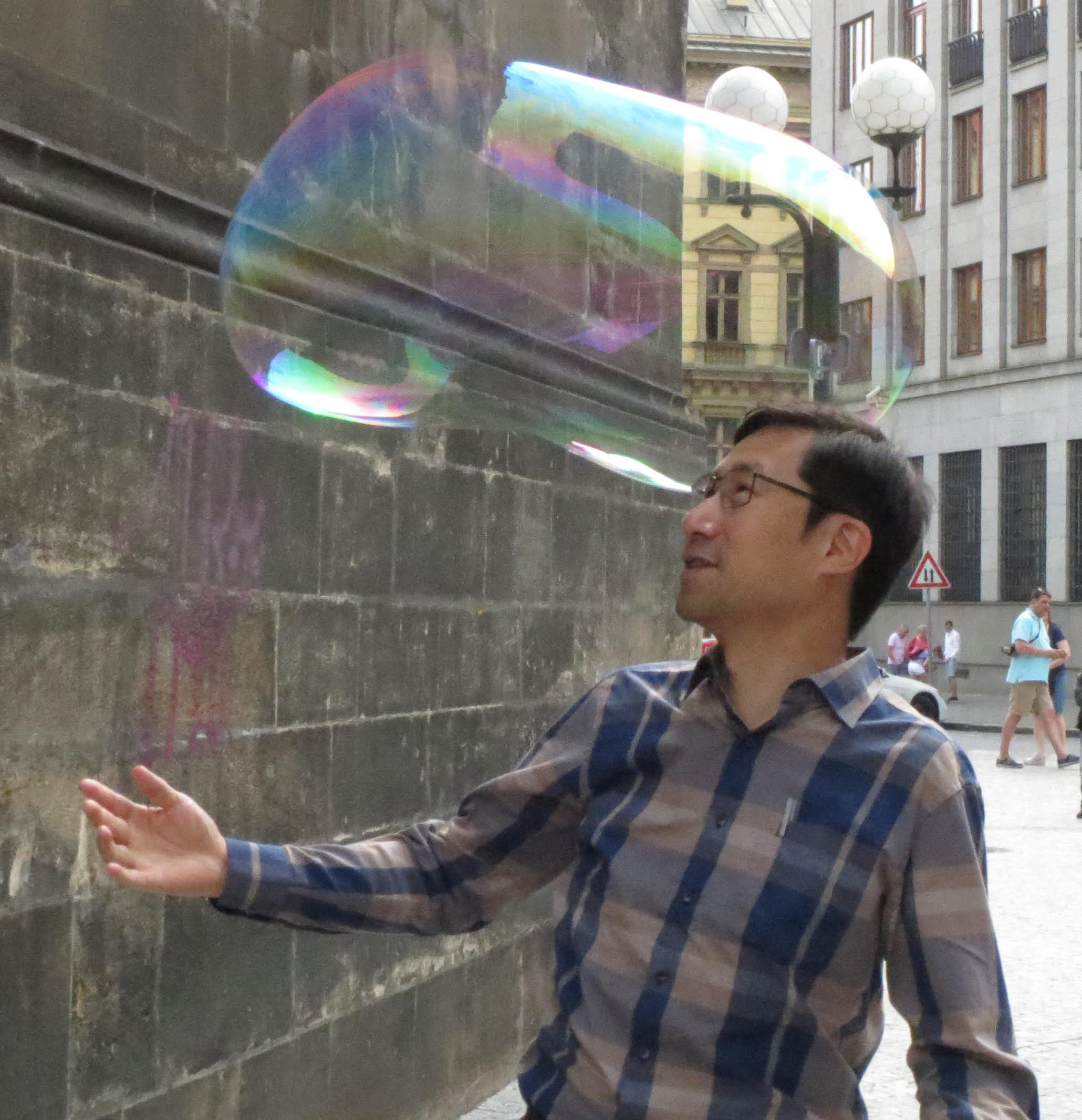
Rigor in science is usually conceived in a static way, in terms of precise measurement, formal reasoning, and mathematical theories and models. While not negating such characterizations, I want to highlight the dynamical dimension of rigor, offering ways of understanding its development and enhancement as a historical phenomenon. Central to this perspective is the notion of epistemic iteration, the process in which we conduct an inquiry on the basis of an imperfect starting point, and use the process and outcome of that inquiry in order to improve its own starting point. Epistemic iteration is a notion that I articulated at first in the context of trying to understand how new measurement standards could be established in the absence of pre-existing standards that one can use to validate them. Since then I have come to see epistemic iteration as a very widespread feature of scientific progress. Iterative self-correction and refinement are key to the development of rigor in scientific practices. This development involves the improvements of concepts and methods equally. I will illustrate iterative concept-development through two cases: conceptions of electrical circuits from Volta to Ohm, and the periodic arrangement of chemical elements (as discussed by Eric Scerri among others). The iterative development of methods harks back to the pragmatist view (advanced especially by John Dewey and Clarence Irving Lewis) that all methods are learned empirically, right down to the rules of logic. I will illustrate iterative method-development by revisiting my work on temperature measurement, and through a historical study of early analytical chemistry.
Craft Practice and Rigor: Experiences and Reflections from the Making and Knowing Project, A Distinguished Lecture by Pamela Smith
April 21st, 2022 at 4:00 Eastern Time, Social Science Research Commons, Woodburn Hall 200
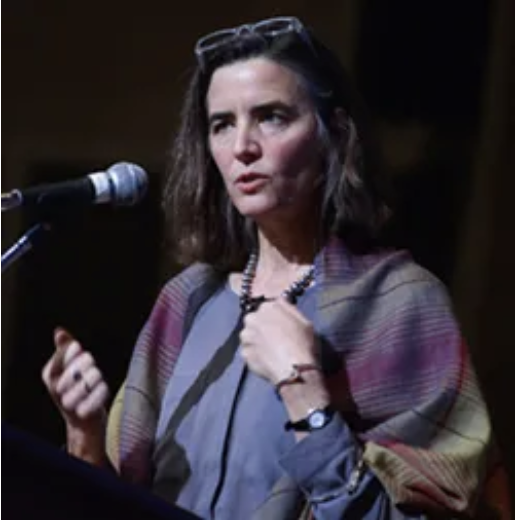
Pamela H. Smith is Seth Low Professor of History and Director of the Center for Science and Society at Columbia University. Smith’s work has led to a new centrality for artists and artisans in the history of early modern science, and highlighted the debt of even abstract scientific theory to materials, crafts, skills, and trades. She is the author of The Business of Alchemy (winner of the 1995 Pfizer Prize), and the Body of the Artisan (winner of the 2005 Leo Gershoy Prize), and director of the pioneering Making and Knowing Project.
The reconstructions of sixteenth-century craft practice undertaken by the Making and Knowing Project have given insights into the multiple ways that craft overlaps with scientific practices. Is "rigor" one of them? This lecture introduces the Making and Knowing Project's work on the sixteenth-century French technical manuscript, BnF Ms. Fr. 640, and the Project's creation of Secrets of Craft and Nature in Renaissance France: A Digital Critical Edition and English Translation of BnF Ms. Fr. 640 (https://edition640.makingandknowing.org). It discusses historical and methodological intersections between craft and science, and reflects on the role of "rigor."
Post-truth Era or New Regime of Veridiction in Technoscience? A Distinguished lecture by Bernadette Bensaude-Vincent
February 9th, 2023 at 4:00 Eastern Time, Social Science Research Commons, Woodburn Hall 200
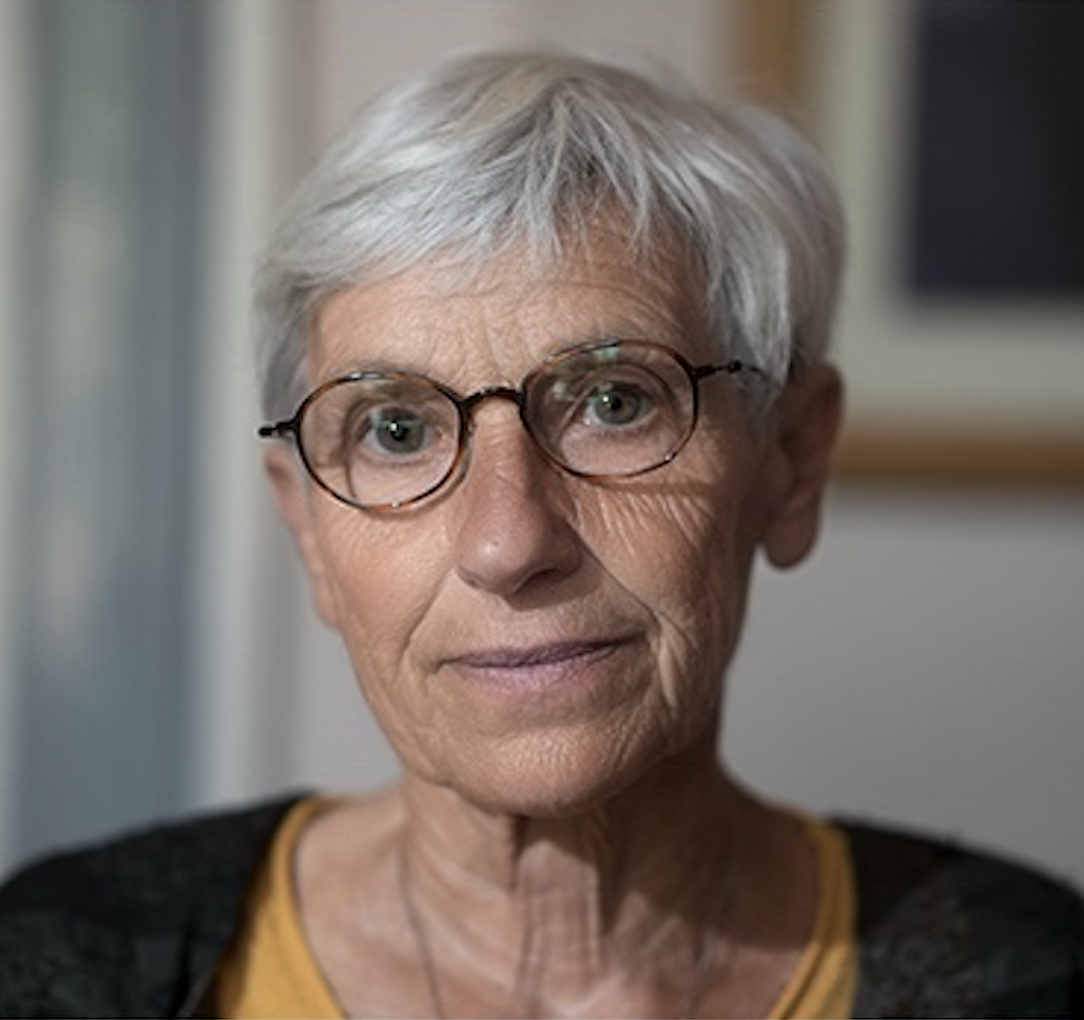
Bernadette Bensaude-Vincent is a philosopher and historian of science and professor emeritus at University of Paris 1 Pantheon-Sorbonne. Bensaude-Vincent’s celebrated work in the history of chemistry pushes back against a simplistic march from unscientific to scientific, and captures chemistry as something multiple that struggles with its own identity. Among other honors, Professor Bensaude-Vincent has received the Dexter Award for Outstanding Achievement in the History of Chemistry from the American Chemical Society (1993), the Jean Rostand Prize for her 1993 book with Isabella Stengers (Histoire de la chimie), and the George Sarton medal from the History of Science Society (2021).

